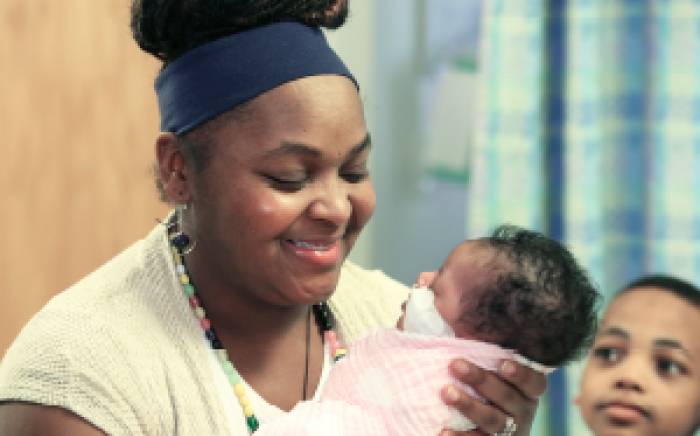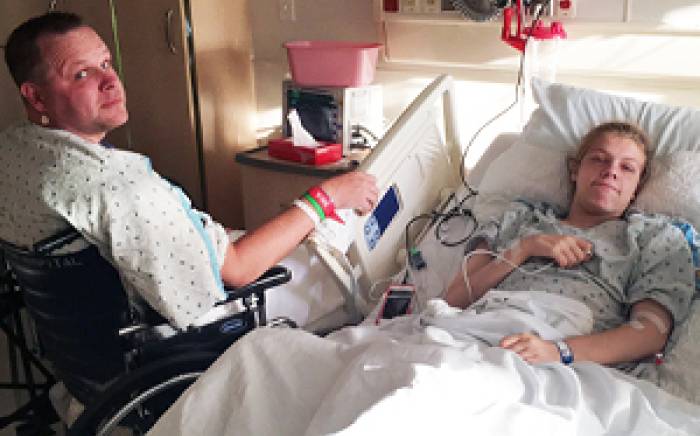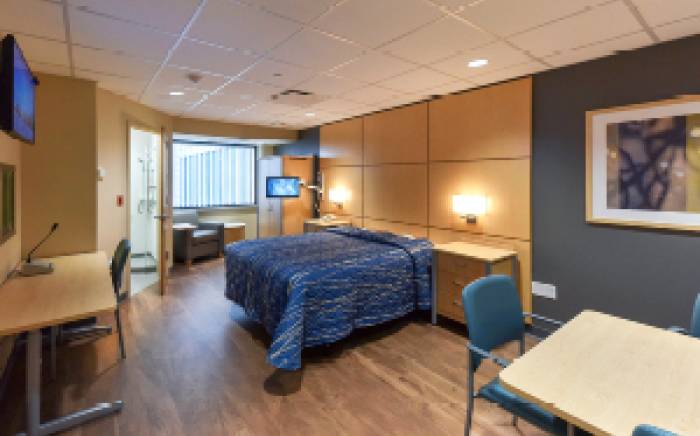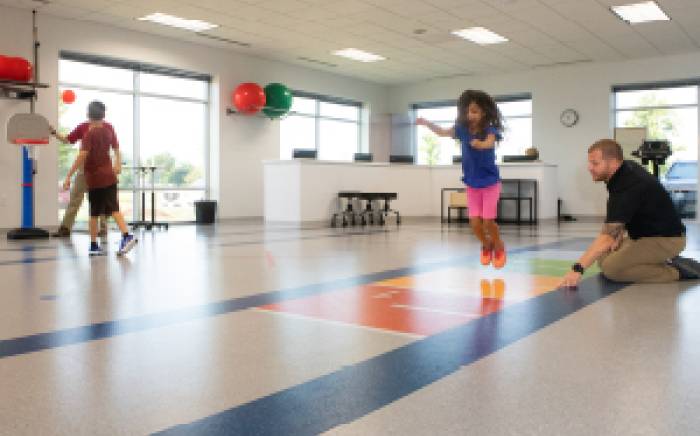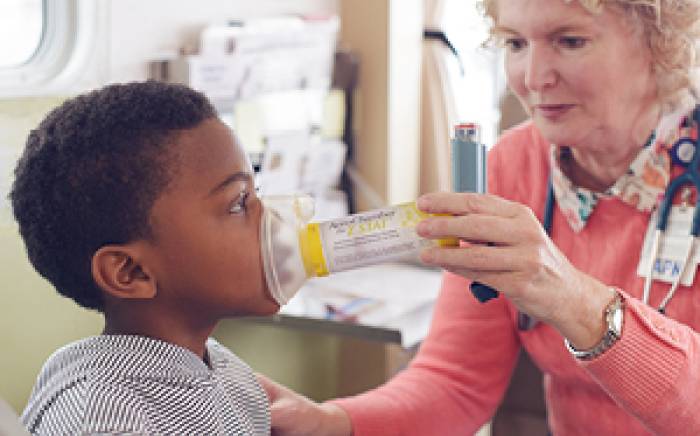![]() St. Louis Children’s Hospital (SLCH) recently established two new process improvement initiatives designed to further ensure primary care pediatricians (PCPs) receive timely, informative communications when their patients are admitted to the hospital. The improvements resulted from the combined efforts of a hospital group focusing on streamlining notification practices, and a resident group developing strategies to effectively communicate clinical updates about patients.
St. Louis Children’s Hospital (SLCH) recently established two new process improvement initiatives designed to further ensure primary care pediatricians (PCPs) receive timely, informative communications when their patients are admitted to the hospital. The improvements resulted from the combined efforts of a hospital group focusing on streamlining notification practices, and a resident group developing strategies to effectively communicate clinical updates about patients.
“These two groups worked in tandem to improve how we relay information to our referring physicians,” says Ellyn Rosenblum, manager of physician services/telehealth, who led the hospital team. Included in the group were representatives from patient access, Children’s Direct, St. Louis Children’s Hospital Exchange, clinical information systems, the medical staff office, health information management and a chief resident. “The challenge of keeping PCPs well-informed is not unique to St. Louis Children’s Hospital. We consider it an essential and important tool in developing a close working relationship with our referring physicians; it’s a tool we will continually work to improve.”
The hospital’s Exchange staff now is responsible for notifying physicians about patient admissions. A modification to the hospital’s email system allows automatic messages to be sent from patient access to an Exchange mailbox, which is monitored 24 hours a day. The notifications include such information as the patient’s name, date and time of admission; date of birth; unit and room to which the patient was admitted; name of the admitting physician; and reason for admission.
“We process the notifications every 10 minutes, which means physicians receive timely reports using their preferred method of delivery,” says Julie Bruns, director of Children’s Direct. “In addition, we also receive automatic messages when patients are transferred within the hospital, which we quickly pass along to the PCPs.”
During each of the first two months following the introduction of the new process, the Exchange staff made more than 1,000 notifications. “Should PCPs want further information or an update on their patients, they are encouraged to call Children’s Direct at 800.678.HELP so that we can quickly connect them with the appropriate medical staff member,” says Bruns.
Future plans call for the SLCH Exchange to add notification of discharges to its responsibilities.
Establishing guidelines for patient updates to PCPs
“During intern orientation, we emphasize the importance of communicating with pediatricians,” says SLCH chief resident Susan Wiltrakis, MD. “It was a group of residents that proposed establishing a set of guidelines and helpful hints for residents and medical students to serve as a reminder to keep PCPs updated on their patients’ condition and treatment.”
The guidelines are now available on floors throughout the hospital and distributed electronically to the residents. The residents also developed a sample script in instances where medical students call PCPs, thus ensuring the proper information is communicated.
“To reinforce the importance of this communication, we periodically address the topic at our resident conferences,” says Dr. Wiltrakis. “The residents who first developed this quality improvement project present directly to the residents to further reinforce the importance of following the guidelines they established.”
David Sonderman, MD, was a chief resident at SLCH when work on this project first began. He now is in private practice at Children’s Clinic, Inc. in St. Louis County and can speak to the importance of receiving timely updates for his hospitalized patients.
“When a child is hospitalized, there is a lot of information being provided to parents that may be confusing or too much to process all at once,” he says. “Families often rely on their pediatrician to further explain their child’s condition and treatment and to offer reassurance and support. Additionally, children require close follow-up care with their pediatrician after hospital discharge. For these reasons, it is imperative we receive timely information. We never want to be in the position of finding out from parents that their child has been hospitalized.”
Bruns notes that improving communication with PCPs is an ongoing effort.
“For example, an Exchange staff member already is looking into ways to better identify PCPs for families who can’t remember their pediatrician’s name or who don’t have one. This is vital information to guarantee proper notifications,” says Bruns. “Our top priority is ensuring our referring physicians have the information they need to provide the best care possible for their patients.”
For additional information, call Children’s Direct at 800.678.HELP (4357).



